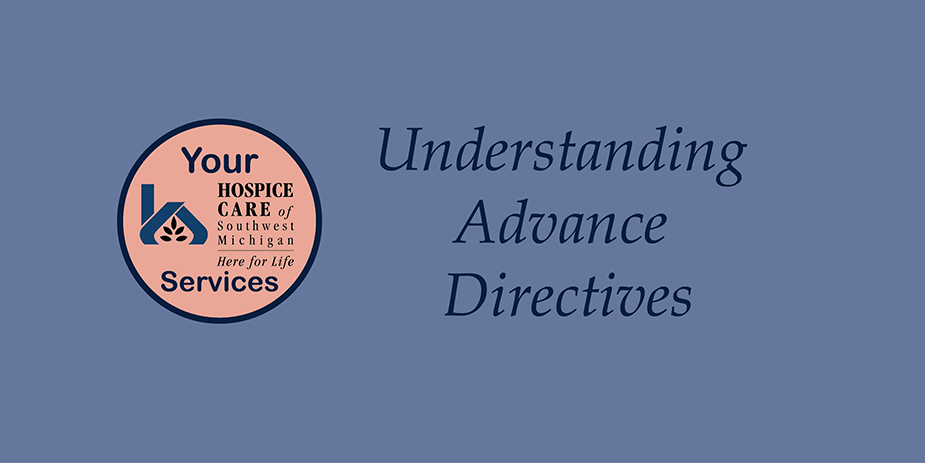As you learn more about what to expect with Hospice Care of Southwest Michigan, you’ll find a pervasive theme of caring. When you’re in hospice care, respecting your wishes is our priority. Advance Directives expressly convey your wishes. If you’re unable to make personal healthcare decisions, your Directive is followed.
Your social worker will offer you the information you need.
Your social worker explains everything to you so that you can be sure to have your wishes followed. They will sit down with you and have the difficult conversations. It can be a relief to talk with someone that will listen to your wishes. You may already have an Advance Directive, in which case your social worker will make sure that it’s shared with your hospice team, caregiver, family members, and friends. Make sure to copy it to your power of attorney and scan it and send it to yourself in an email. Never just put it in a safety deposit box. Having the Directive readily accessible is the best option. You aren’t required to have an Advance Directive if you don’t wish. It is entirely up to you.
Advance Directives are in place to have your wishes followed.
When your wishes for care are known in advance, your loved ones have guidance to follow your decisions if you’re unable to make them. Your guidance is a gift to your caregivers and relieves the burden of guessing what matters most to you. Often loved ones find it difficult to make the tough decisions and may want different things than you do. The Advance Directive is in place to help them. Once your decisions have been made, putting them in an official document and sharing them with your loved ones will be your gift to them. This helps everyone to be on the same page. It offers you and your loved ones the peace you need at the end of life.
Your Advance Directive can be your voice on many things.
You can put all kinds of things in your Advance Directive. You may want your advocate named. This person will be most familiar with your wishes. You can make known what you want with pain management, where you want to be at the end of your life, and even funeral plans. It’s up to you. The hospice social worker can then help you communicate your Advance Directive with your family. They’ll offer support for you and your loved ones through the end-of-life journey.
It’s a simple process.
The Advance Directive just needs to be signed by you and witnessed. It doesn’t need it to be notarized. You can also update it if your choices change. There may be technical updates that weren’t available as you age. You should revisit your Advance Directive every 5 – 10 years or following a major change in your life. This is another option for you to have the best quality of life at the end of life.
Our Mission is to guide and support individuals and their caregivers coping with illness, aging, dying, and loss by providing compassionate medical, emotional, spiritual, and personal care.




